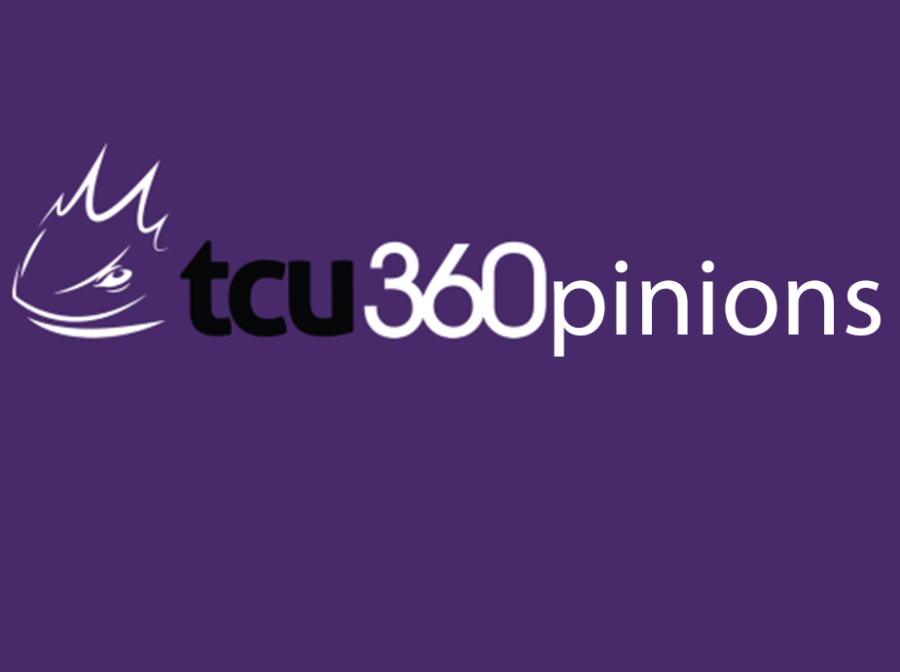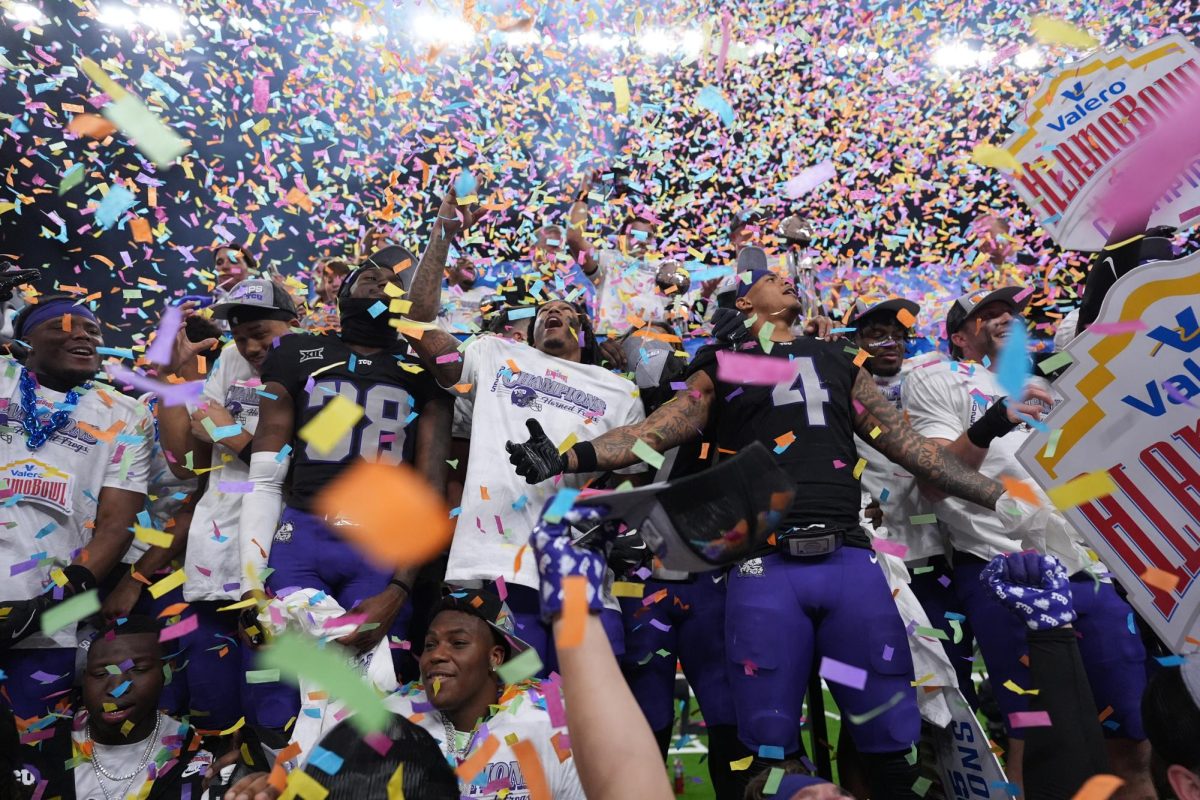Diversity. A single word that has stirred controversy on college campuses around the country over the last decade. As recent protests and discussions of #BeingMinorityAtTCU on social media have shown, diversity has also been at the forefront of student concerns at TCU. But diversity issues at TCU aren’t new. The university has been attempting to address diversity on campus for almost two decades. As recently as the 2012-13 academic year, the removal of a student representative from Intercom led the Student Government Association to sponsor a report on the state of diversity at TCU. The report led to the creation of a diversity council that would work with the administration to address diversity issues at TCU. With the recent creation of a cabinet-level position for diversity, we fear that TCU may once again succeed in appeasing student concerns, but fall short in addressing deeper issues of diversity on campus. Dr. Darron Turner has served the university through the Division of Student Affairs for over 20 years at TCU. He has led the Inclusiveness and Intercultural Services division, dedicated to promoting diversity, inclusiveness and cultural awareness throughout TCU for a majority of this time. He is a tremendous leader. So when we heard that he was announced as the new Chief Inclusion Officer by Chancellor Boschini, we were not surprised, but instead had questions. Was Dr. Turner not already this? Was he not already seeking to improve conditions for students of color and other marginalized communities? Issues of representativeness and discrimination are unquestioningly still issues at TCU, but we should be careful in calling this act a solution. By reassigning an individual from one position to another—which was largely identical—the university does not do enough to restructure the status quo and alleviate the problems it aims to address. It is no question that TCU has always been quick to respond; yet has been slow to embrace significant changes or establish long-lasting policies towards their progress and sustainment. As TCU alumni, we’ve seen this pattern before. It’s time for real change, not more short-term fixes. We must reject piecemeal attempts to quell student concerns and protests as opposed to addressing the very issues that cause them: exclusion and marginalization. Despite claims by some students that addressing complex social issues is racist or sexist, these issues must be discussed thoroughly and strategically in order to improve. If these students want to make sure the university does not become “once-great,” then they should consider that defense of the status quo is actually itself an abandonment of greatness and moral courage. Here’s why. In times of profound social change like that sweeping the United States today, we can think small or we can think big. People of privilege and power, the TCU patricians, can think small: closing their minds to the demands of marginalized groups, perceiving them as a threat and holding on to privilege to the bitter end. People of privilege and power can see racial and social justice as a zero-sum game in which “they win, and I lose.” That’s thinking small. That’s thinking in terms of quotas (which were declared unconstitutional in 1978). What about thinking big? People of privilege and power can think big and have moral courage. They can see the #BeingMinorityatTCU movement as one of living people with a desire for equal human dignity. Students of color are significantly less satisfied with TCU, and more socially marginalized compared to white students, according to long-running trends in the National Survey of Student Engagement (See Diversity Commission Report, Page 17). This irrefutable fact built up over many years without serious reform, while TCU patricians have not done enough to move the needle. Protests are thus the only logical way to get people to pay attention, and get something done. The TCU patricians who love their university should listen and answer the demands of others who want to love TCU as much as anyone else. That’s thinking big. That’s thinking in terms of making the TCU tent expansive enough for everyone. Of course, diversity is not the only issue; sexual assault on campus and sexism more broadly continues to be of significance in seeking to reevaluate the status quo. Thinking small is seeing this epidemic as customary and inevitable, thinking big is us, as men, rejecting rape culture and imploring other young men to do the same – as it is our duty #NotOnMyCampus. Thinking big will require humility, compassion, dialogue and long-term changes that address systemic differences. But we alumni have faith that TCU will listen to the better angels of its nature and not mistake their voices for the song of sirens. We reject short-term solutions that do not engage these larger complex social issues on their faces. We congratulate Dr. Darron Turner on his new position and appreciate TCU’s efforts, but we challenge TCU to do more, engage more and be more in order truly educate individuals to be ethical and responsible leaders with humility and moral courage. Miles Davison (TCU ‘14), Jonathan Davis (TCU ‘13) and Pearce Edwards (TCU ‘13) are Graduate Students in the Department of Sociology at the University of California – Irvine, the LBJ School of Public Affairs at the University of Texas at Austin and the Department of Political Science at Emory University, respectively. Editor’s Note: What are your thoughts about diversity on campus or other big issues? TCU 360 wants to know! We are now accepting opinion columns for tcu360.com. If you are interested in having a piece published, send no more than 2 pages on your desired topic to [email protected]. We reserve the right to edit for brevity and style.
Categories:
OPINION: TCU must think big when addressing diversity
Published Oct 31, 2016
Tags:




